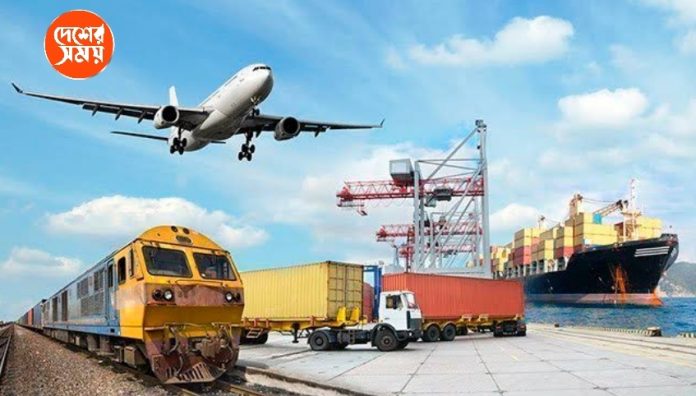India’s ambition to become a global manufacturing and export powerhouse hinges on the efficiency and resilience of its logistics sector. While significant progress has been made, some recent announcements present a defining opportunity to address long-standing bottlenecks and unlock the full potential of India’s logistics ecosystem, strengthening its position in global trade.
This year, the Government of India has introduced a series of impactful measures to propel the logistics industry forward—boosting urban consumption, strengthening MSME manufacturing, enhancing maritime infrastructure, and facilitating seamless trade. These initiatives come at a critical time as India’s logistics costs stand at approximately 14% of GDP—far higher than the global average of 8%—placing Indian businesses at a competitive disadvantage internationally. The high costs stem from an imbalanced modal mix, infrastructure inefficiencies, and fragmented operations. Recognizing these challenges, we are moving ahead for setting a strategic course to drive efficiency, sustainability, and technological transformation in the sector.
A Vision for Seamless, Efficient Logistics
The Government’s unwavering commitment to infrastructure development, digitalization, and supply chain efficiency marks a game-changing moment for logistics in India. Substantial investments in road, railway, and port connectivity will reduce transit times, lower costs, and facilitate smoother movement of goods across the country. The expansion of flagship programs like
PM Gati Shakti’s multi-modal connectivity plan , will create a more integrated and resilient logistics network.
₹25,000 crore Maritime Development Fund
to strengthen ports and shipping infrastructure.
A proposed unified platform for trade documentation and financing, streamlining international trade and improving India’s Ease of Doing Business ranking.
Enhanced geospatial digital infrastructure and air cargo facilities
to bolster supply chain efficiencies.
Strengthened railway freight corridors
to reduce dependency on road transport and optimize the modal mix.
Empowering MSMEs for Global Competitiveness
The MSME sector, a vital pillar of India’s economy, has received a major boost through increased investment thresholds, enhanced credit access, and modernization initiatives. These reforms will enable MSMEs to adopt advanced supply chain technologies, attract organized logistics players, and improve cost efficiencies—making Indian products more competitive in global markets. As a result, the sector will see higher export potential, driving India’s integration into global supply chains.
Sustainable Logistics: The Green Revolution in Motion
With sustainability taking center stage in global trade, recent union budget 2025 has introduced strong incentives to promote
green logistics solutions. Encouraging the adoption of electric vehicles, renewable energy, and eco-friendly warehousing practices will not only reduce carbon footprints but also align India’s logistics industry with international environmental standards, making it a preferred hub for sustainable trade.
A Transformative Leap Forward
The rise of e-commerce, increasing globalization, and growing demand for customized logistics solutions are reshaping the industry. We have laid the groundwork for this transformation by fostering an innovation-driven, cost-effective, and resilient logistics sector. By strategically addressing infrastructure gaps and championing modernization, this budget will empower key sectors like textiles, pharmaceuticals, and automobiles to access global markets more efficiently.
The Road Ahead
The recent developments in logistics industry are more than just a policy framework; these are catalysts for change. By driving down logistics costs, enhancing infrastructure, and promoting sustainability, India is well on its way to becoming a global logistics powerhouse. To realize this vision, collaboration between policymakers, industry leaders, and technology innovators will be crucial. The future of India’s trade competitiveness depends on embracing these reforms and investing in future-ready logistics solutions, paving the way for economic growth, job creation, and long-term prosperity.




